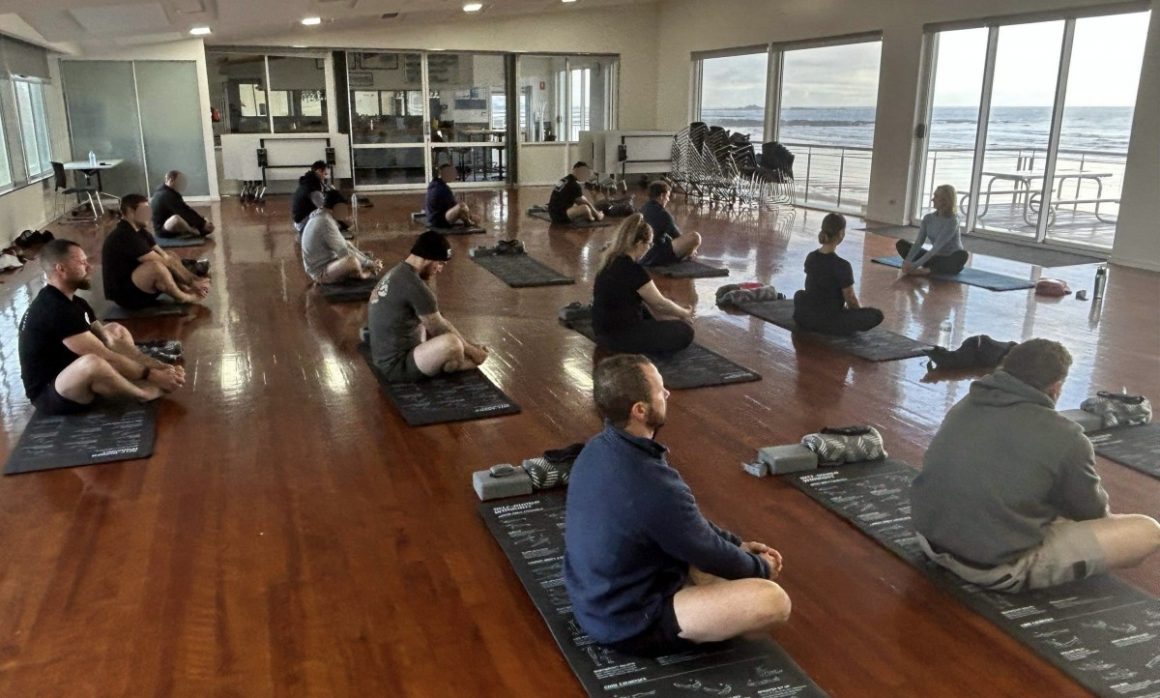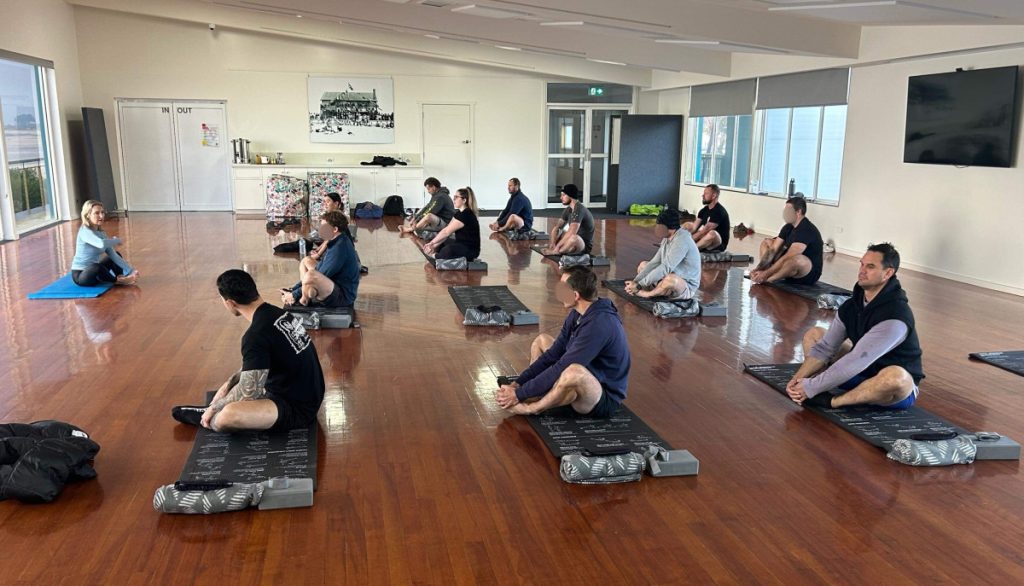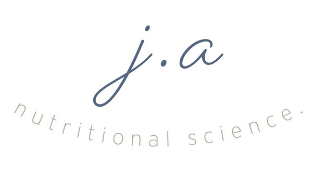
Yoga and Meditation
The Healing Power of Yoga: Enhancing Mental Health Through Mindful Movement
Yoga, an ancient practice that combines physical postures, breathing techniques, and meditation, offers a holistic approach to improving mental wellbeing. By combining movement, focused breathing, and meditation, yoga provides a holistic approach to managing stress, anxiety, depression and Post Traumatic Stress Disorder (PTSD).
1. Stress Management
One of the most profound benefits of yoga is its ability to reduce stress. The mindful movement and intentional breathing techniques helps lower cortisol levels, the primary stress hormone, promoting relaxation and calming the nervous system. Incorporating yoga into your routine can help you develop healthier coping mechanisms, increase self-awareness, and better manage stress both on and off the mat.
2. Anxiety and Depression Relief
Numerous studies have shown that practicing yoga can significantly alleviate symptoms of anxiety and depression. The mindfulness aspect of yoga cultivates present-moment awareness, enhancing self-compassion and emotional resilience. The practice of yoga also triggers the release of feel-good neurotransmitters, such as serotonin and dopamine, which can uplift mood and combat negative emotions. As a low-impact exercise, yoga has been shown to lower stress hormones in our bodies while simultaneously increasing beneficial brain chemicals like endorphins and GABA (gamma-aminobutyric acid).
3. Improved Sleep
Insomnia and sleep disturbances are common issues that affect mental health. Yoga has been found to enhance sleep quality by reducing insomnia symptoms and promoting relaxation before bedtime. Incorporating restorative yoga poses and relaxation techniques can create a calming bedtime routine that facilitates a restful and rejuvenating night’s sleep.
4. Managing PTSD Symptoms
Managing the symptoms of Post Traumatic Stress Disorder (PTSD), such as anxiety, depression, and hypervigilance, is crucial for improving wellbeing and emotional regulation.
Yoga Practices Tailored for Military, Veterans, and First Responders
- Yin Yoga: The long-held, passive poses in yin yoga target the connective tissues, increases flexibility and mobility, and encourages participants to release physical and emotional tension stored in the body.
- Trauma-Sensitive Yoga: This approach focuses on creating a safe and supportive environment, emphasising choice and empowerment for participants to explore sensations and movements at their own pace.
- Restorative Yoga: Gentle, restful postures combined with deep breathing techniques can help calm the nervous system, reduce stress, and induce a sense of relaxation and peace.
- Mindfulness Meditation: Mindfulness practices help veterans develop present-moment awareness, cultivate acceptance, and build resilience in the face of challenging thoughts and emotions.
- Yoga Nidra: A guided relaxation practice that promotes deep rest and healing, aiding in reducing anxiety, improving sleep, and enhancing overall wellbeing.

Can Anyone Take This Class?
As a trauma-informed instructor, Jodi provides safe and professional guidance, in a supportive, non-judgemental environment. No yoga experience is necessary and sessions are adapted and accessible to all fitness levels and abilities, including those experiencing illness, pain, and injury.
Jodi’s sessions have proved successful among Australian Special Forces, active serving military, veterans, first responders, and tradies in construction, where members may experience significant psychological and physical stress due to the nature of their service and work environments. Physical forms, breathing exercises, and meditation help bring the mind and body together.
Like to know more? If you would like to learn more about yoga and mindfulness sessions, send an email to Jodi or click on the button below to fill out a contact form:
References:
1. K.B. Cramer et al. (2013). The Influence of Yoga on Depression, Stress, and Anxiety: A Review of Quantitative Studies. In PLOS ONE.
2. J.M. Ong et al. (2014). A Randomized Controlled Trial of Mindfulness Meditation for Chronic Insomnia. In Journal of Clinical Psychology.
3. Chong CS, Tsunaka M, et al. (2011). Effects of Yoga on Stress Management in Healthy Adults: A Systematic Review. In Alternative Therapies in Health and Medicine.
4. Pandey AOP, et al. (2023). Effects of a yoga-based intervention programme on self-efficacy of active armed forces personnel of India: a randomised control trial BMJ Mil Health. doi: 10.1136/military-2023-002450
5. Hurst, S., Maiya, M., Casteel, D., Sarkin, A. J., Libretto, S., Elwy, A. R., Park, C. L., & Groessl, E. J. (2018). Yoga therapy for military personnel and veterans: Qualitative perspectives of yoga students and instructors. Complementary therapies in medicine, 40, 222–229. https://doi.org/10.1016/j.ctim.2017.10.008

